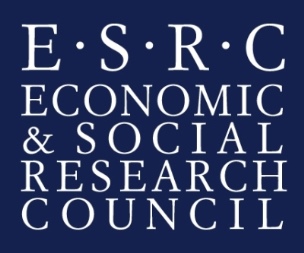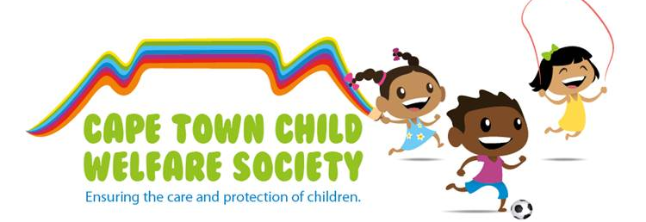Young carers
background
The majority of children in South Africa have never known a world without HIV/AIDS. There are an estimated 1.4 million AIDS-orphaned children in South Africa, and millions more who live with parents who are AIDS-sick. The social and economic impacts of the epidemic on current and future generations of children are only beginning to be understood. Significant international attention has focused on children orphaned by AIDS – estimated to be over one million in number in South Africa alone. However, millions more children are affected by parents living with AIDS illness, with this number growing every year. Their health and development may be affected by witnessing parental health decline and caring for sick family members.
aim
Previous research has reported that orphaned children are more likely to have mental health problems, educational deficits, and are more likely to contract HIV as adolescents. However, we lack evidence to show whether AIDS-orphans experience greater hardship than other-orphans, and - importantly - to examine outcomes for children who are caring for their AIDS-sick parents . These ‘Young Carers’ are also potentially at high risk for problems in mental and physical health, education and sexual health. Finally, we have no information at all on the group who are perhaps at most risk of all: AIDS–orphaned children who also live with a surviving, AIDS–sick caregiver.
With the South African Government (Department of Social Development, Department of Health, Department of Basic Education and Department of Agriculture), the'Young Carers' project is a research study to assess the problems experienced by these children and to identify what factors can help them. The study is part of the National Action Committee for Children Affected by AIDS programme. Government and NGOs are using the findings of this study to develop policy and interventions.
Methodology
The Young Carers Project used both interviews and standardised questionnaires to collect qualitative and quantitative information regarding psychological and physical health, educations, and social functioning. The project comprised of a longitudinal sample and a cross-sectional sample. The longitudinal sample was collected from 2 provinces (Mpumalanga and Western Cape) over two rounds (Round 1 in 2010-11 and Round 2 in 2011-12). In both provinces, two health districts with HIV prevalence rates of 30% or more were selected, and within each district census enumeration areas served as the primary sampling unit. Within each area, a door-to-door sampling strategy was adopted to get all children in the age range of 10-17 years (n=3515 and follow-up 3401). The cross sectional sample in KwaZulu-Natal province included children in the age range of 10-17 years and their primary caregivers (n=2500).
The Young Carers research sites were located in the Western Cape, KwaZulu-Natal, and Mpumalanga.
Questionnaires
This study has employed internationally recognized scales and measures. The questionnaires can be accessed below:
Adult Carers Survey Questionnaire
ethos
The Young Carers Project has approval from the Ethics Committees at numerous universities as well as the National Department of Social Development and various other national and provincial departments of the South African government.
Download the details regarding the ethical procedures followed by the researchers.
CURRENT STATUS
This project has now been completed. You can read more about the results from this study on our publications page. The project and it’s sister study, the Resilience Study, has had good press coverage, with at least 17 newspaper and internet media articles, and podcasts totalling 10,700 viewings (including Radio 4, BBC World Service, and Voice of America). Several key national and international policies have directly utilised the research findings.
funders
PARTNERS
This project was also supported by the John Fell Fund
Principal Investigators
Professor Lucie Cluver, Professor of Child and Family Social Work at the University of Oxford & Honorary Lecturer for the Department of Psychiatry & Mental Health at the University of Cape Town.















